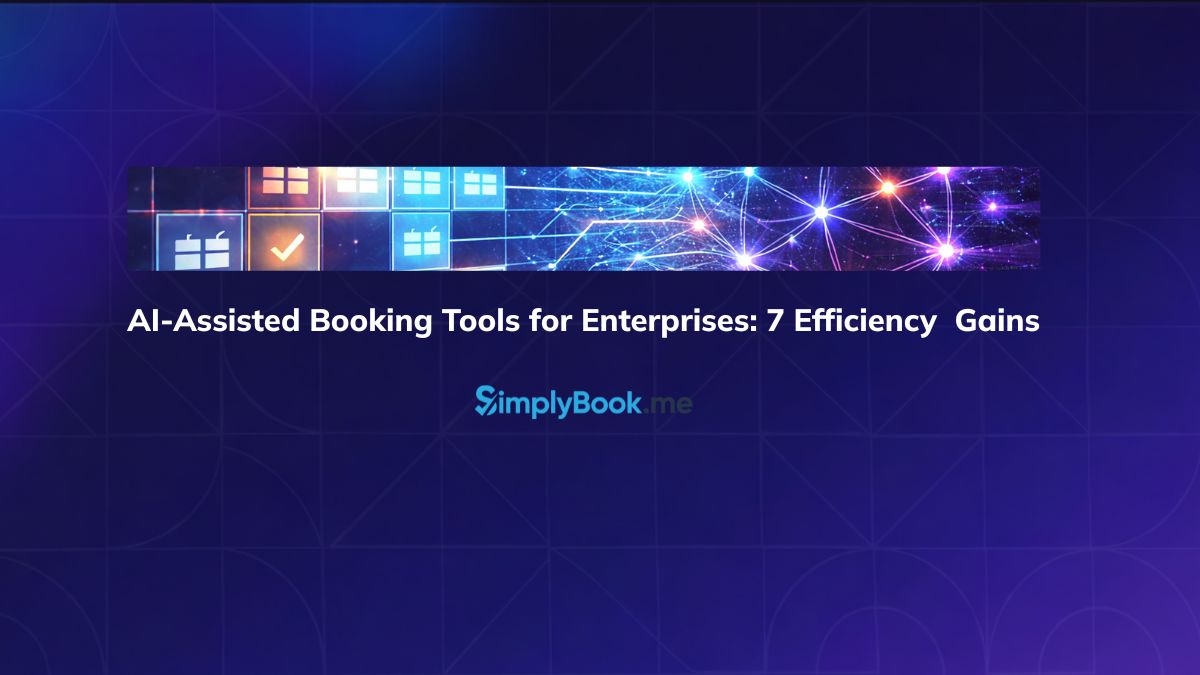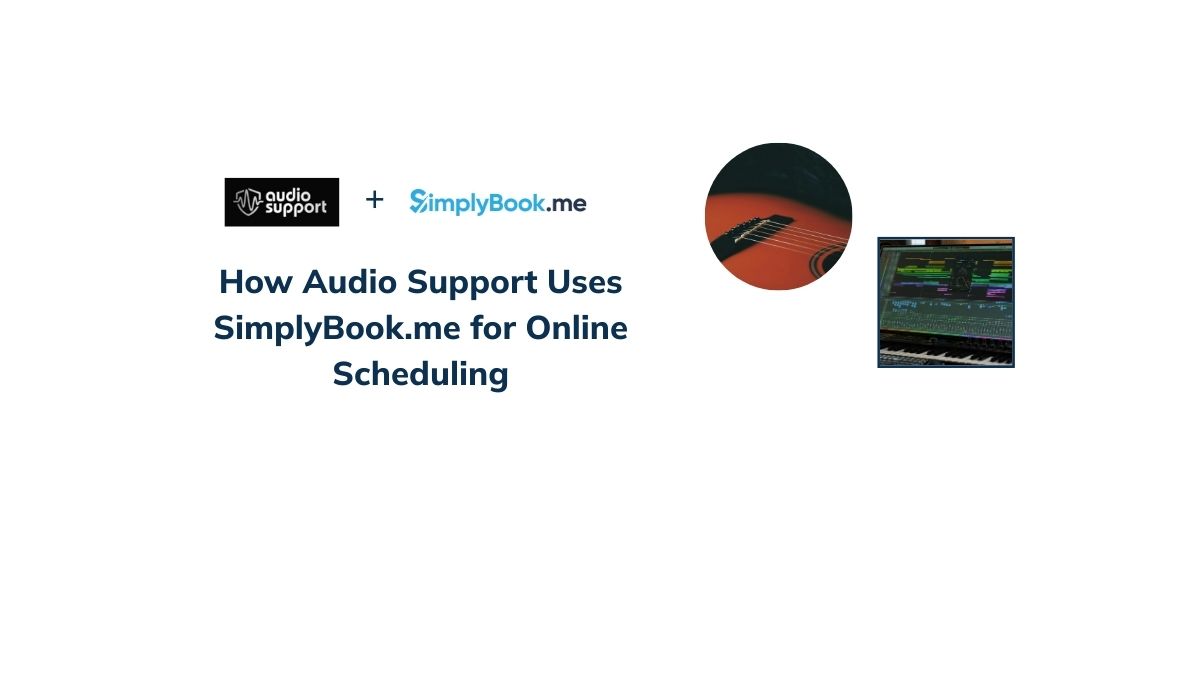How to be a Financial Coach in 2023 (With Limited Prior Experience)

This post is also available in:
![]()
![]()
![]()
![]()
If you’re knowledgeable about finance and enjoy helping others, you’ve likely considered being a financial coach. Unfortunately, that doesn’t mean you automatically know where to start. Or, better yet, how to start—especially if you don’t have tons of previous experience.
We’re going to break down exactly how to be a financial coach in 2023, as well as the reasons why you’d want to consider that role. Finally, we’ll leave you with some practical tips to help you on your prospective new career path.
What are financial coaches, and how much do they earn?
First, let’s lay some groundwork.
Financial coaches help their customers develop a healthy, positive relationship with money. They give advice and practical tips that ensure their customers can properly balance saving and spending.
As for salaries, financial coaches earn around $51,680 each year in the USA and £34,734 in the UK, though actual salaries vary depending on factors like experience and skill level.
Free to use image sourced from Unsplash
Advantages of becoming a financial coach
Why is it a good idea to become a financial coach? The following benefits come with the role.
You’re your own financial expert
Great financial coaches should always be dedicated to deepening their expertise in their field so they can keep up with the changing demands of their occupation and profession. This helps them properly advise their clients.
It also means that when you become a financial coach, you’ll be able to help yourself with any financial matters. In other words, you’ll be your own financial expert.
Work-schedule flexibility
When running an online business by yourself, you get to set your own working hours. If you’re an early bird, you can choose to start (and finish) every workday early, for example. Likewise, if you’d rather work weekends and take weekdays off, you’re at liberty to do so.
That also means you can adjust your schedule as and when you see fit. You’ll never have to worry about missing a friend’s wedding, or an important networking event, as long as you plan in advance.
Unlimited income potential
At the risk of sounding cheesy, the sky’s the limit in this profession.
As long as you’re able to keep taking on clients while growing your own skill and knowledge bases, you can keep raising the bar for how much you earn each year.
When you hone your skills, you’ll be able to work with clients of a wider variety. That includes customers who want to hire you for lots of services, so you get to enjoy more income while they protect their own financial interests with your help.
Bountiful networking opportunities
The world of finance is fast-paced and ever-changing. New experts join the field every year, and that means networking is simply a matter of attending the right events.
You can connect with other financial coaches. You can also link up with anyone working in banking, company legislation, the legal sector, and many other areas. After all, the modern business world relies on finance, so no company can neglect it. In other words, you’re a valuable connection for just about anyone.
Free to use image sourced from Unsplash
What you need to become a financial coach
Next, we’ll cover the prerequisites you’ll want before you can consider exactly how to become a financial coach. Of course, financial savviness is a must as well, but we’re not going to discuss personal qualities here. Rather, we’re focusing on items you can put on a checklist to gauge your own readiness.
Website and social media
Customers need to know where they can find you. With a dedicated website to direct them to, you’ll be able to present yourself professionally and provide all the information they need.
Having a social media presence also makes it easier for customers to contact you. They might know how to find your website but not enjoy sending emails or making phone calls, in which case, it’s a great idea to give them the option of contacting you via social media.
Another reason to set up your own website and social media accounts is to provide customers with social proof. You can include reviews from existing clients, as well as let them share their feedback on your services publicly. This builds trust among prospective new customers.
CRM software
As a freelancer, you need to manage your customer relationships on your own. Or, as it happens, with the help of CRM software.
Well-designed software lets you track customer interactions and ensures you’re always providing the best possible experience to your clients. That generates good word-of-mouth marketing while also ensuring that customers are inclined to stick with you should you raise prices.
Accounting software
Along with managing your customer relationships, you need to be on top of your finances if you’re going to make it as a financial coach. This is where accounting software comes in; it can help you manage your cash flow, generate invoices, and keep you tax compliant.
As a financial coach, you’ll probably be self-employed, so make sure you choose software that is specifically designed for your business type. With Sage freelancer accounting software, you can deliver quick quotes, run reports, and even download a mobile app to manage your finances from your phone.
This all makes for better customer experiences, which in turn boosts your reputation and take-home salary at the same time.
Screenshot taken from sage.com
Booking system
Your customers need to have an easy way to arrange a time to speak with you. This is what booking systems are for; they let clients choose dates and times that suit them and during which you’re available.
Good booking systems help you avoid scheduling conflicts. They also reduce the confusion that can come from only arranging appointments over the phone or even via email.
Free to use image sourced from Unsplash
6 tips for pursuing a financial coach career
Finally, we’re going to walk you through some of the most useful best practices that will ensure your career as a financial coach goes as smoothly as possible.
Educate yourself about financial literacy
Chances are, you already have plenty of knowledge about finance, but how much do you know about others’ financial literacy?
In order to excel as a financial coach, you have to be able to work with people at all levels of financial literacy.
You’ll rarely have customers that know as much as (or more than) you do about finance because they can usually help themselves. Financially illiterate people will struggle more, and as such, they’re more likely to come to you for help.
The more you know about their situation, the more tailored your advice will be. For example, if your clients are UK based, you’ll need to be fully informed of HMRC’s Making Tax Digital scheme and how it will affect their tax management.
On the other hand, if your clients are doing business in the USA, you might need to advise them on how to manage their finances across multiple states. This means having an in-depth knowledge of how tax works in each state so you can give the best advice possible.
.
Get certifications
The more certifications you’ve got, the more easily your new clients will be able to confirm that you’re the right choice for them. Certifications mean hours of study, which lends credibility and helps them trust you.
Some of the certifications you can consider are listed below:
- CFEI
Awarded by the National Financial Educators Council (NFEC), this program teaches the skills you’ll need to succeed as a financial education instructor.
- FFC
The Financial Fitness Coach certification is awarded by the Association for Financial Counseling and Planning Education, which is nationally recognized as a reputable premier certification body.
- CPFC
This certification is also given by the NFEC, though it’s more labour-intensive to obtain than the CFEI. It teaches you everything you need to become a successful financial coach.
Free to use image sourced from Unsplash
Attend financial coaching events
Events created specifically for financial coaches are precisely where a new financial coach needs to be.
These events help in various ways. They teach you valuable skills, offer you opportunities to network, and let you learn from industry professionals who have more experience. In a word, they’re unmissable.
Determine your niche
You don’t have to be a top-tier expert in every aspect of financial coaching. It’s often a better choice to build up your general knowledge while specializing in a particular niche or two.
For example, let’s say you want to focus on financial matters relating to taxes. That’s more specific than simply ‘finance’, but you can go further. Perhaps your niche is helping freelance customers with their tax management, or perhaps it’s teaching young professionals what their options are in regard to tax.
Whatever your niche may be, make sure you’re as knowledgeable as possible about it.
Look for partnership opportunities
Just because you offer your financial coaching services as a freelancer doesn’t mean you have to work alone in all respects.
Instead, consider seeking out partnerships. These can help both you and your partner(s) learn from one another, creating opportunities for growth and network-building.
Be honest when marketing yourself
Whenever you want to market your service-based business, it’s absolutely vital that you’re honest in every aspect of that marketing.
Is there a particular type of service you do not feel comfortable offering for any reason? Don’t say you ‘might’ or ‘can’ offer it – simply don’t include it. Otherwise, you risk misleading customers and creating friction and dissatisfaction later on.
At the same time, it’s important to represent yourself honestly in a positive sense. There’s no need to say that you’re ‘an alright financial coach’. Instead, consider telling prospects that you’re a skilled coach with a passion for their work, so they know what to expect.
Final Thoughts
Like any new endeavour, becoming a financial coach comes with its own challenges and rewards. If it seems like the right path for you, it’s well worth giving it a try, provided you’ve prepared adequately.
The most important thing to bear in mind is that this role can give you lots of room for growth. You can always learn from experts, start using new software, and grow as you go; there’s no need to have everything figured out immediately.
Be ready to learn, and you’ll face any challenges with an open mind.



Comments
0 commentsNo comments yet